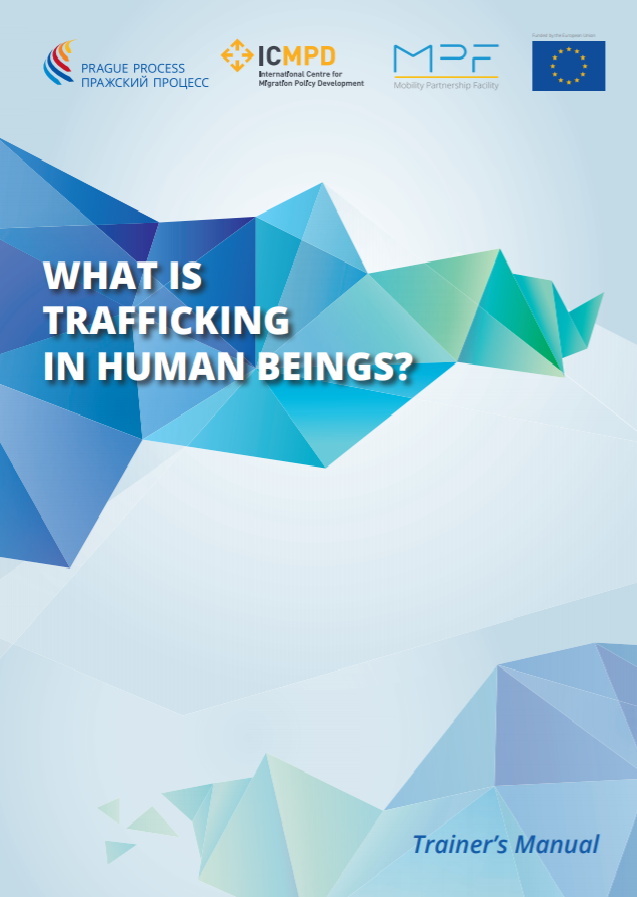Prevention and Resolution of Violent and Armed Conflicts

The manual developed by CRISIS and ACTRAV puts the emphasis on the importance of the role of trade unions in prevention and early warning and proposes measures and initiatives to be implemented by trade unions in cooperation with governments, employers and other players in civil society with a view to achieving peace, building upon it and undertaking reconstruction.
Country
Worldwide
Region
Worldwide
Year
2010
Category




